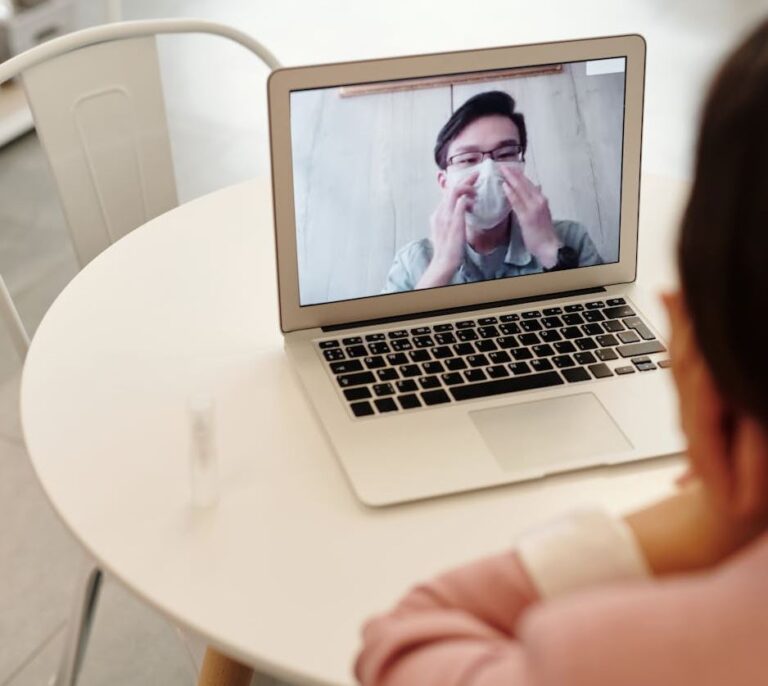Exploring the Effects of Cancer on Relationships and Mental Health
A cancer diagnosis profoundly impacts not only the individual diagnosed but also their relationships and mental health. The journey through cancer treatment and beyond can strain personal connections and bring a host of psychological challenges. Understanding these effects is crucial for providing comprehensive support to those affected by this disease.
[ruby_related heading=”More Read” total=3 layout=1 offset=5]
The Emotional Impact of Cancer
Cancer introduces a range of emotions that can significantly alter a person’s mental health and their interactions with others. From spotting the early signs of lung cancer to being diagnosed and starting treatment, common emotional responses include:
- Fear and Anxiety: Fear of the unknown, anxiety about treatments, and concern for the future are prevalent. These feelings can lead to heightened stress levels, affecting both mental and physical health.
- Depression: The weight of a cancer diagnosis can trigger depression, characterized by persistent sadness, loss of interest in activities, and feelings of hopelessness.
- Anger and Frustration: Many individuals experience anger or frustration as they grapple with their diagnosis and the disruptions it causes in their lives.
- Grief and Loss: There can be a profound sense of loss, not only related to health but also to changes in life roles, physical appearance, and the ability to engage in normal activities.
Effects on Personal Relationships
Cancer affects various types of relationships differently, from romantic partnerships to friendships and family dynamics.
Romantic Relationships
Cancer can place a significant strain on romantic relationships. Partners may struggle to balance caregiving responsibilities with their own emotional needs. Common issues include:
- Role Changes: One partner may become a primary caregiver, which can shift the dynamics and create feelings of imbalance or resentment.
- Intimacy Challenges: Physical and emotional changes due to cancer treatment can affect intimacy and sexual relationships.
- Communication Barriers: Fear of burdening the other person or difficulty expressing emotions can lead to communication breakdowns.
Family Dynamics
Within families, cancer can strengthen bonds but also create tension:
- Increased Responsibility: Family members often take on additional caregiving roles, leading to stress and potential burnout.
- Conflict: Differing opinions on treatment options or care strategies can lead to conflict among family members.
- Support and Unity: Conversely, facing cancer together can also strengthen familial bonds and foster a deeper sense of unity and support.
Friendships
Friendships may be affected in various ways:
- Withdrawal: Friends might withdraw due to discomfort or uncertainty about how to provide support.
- Strengthened Bonds: Some friendships become stronger as friends offer emotional and practical support.
- Changing Dynamics: The needs and expectations within friendships may change, requiring adjustments from both parties.
Mental Health Challenges
The psychological toll of cancer can manifest in several ways, necessitating comprehensive mental health support:
- Post-Traumatic Stress Disorder (PTSD): Some cancer survivors develop PTSD, experiencing flashbacks, severe anxiety, and intrusive thoughts related to their diagnosis and treatment.
- Adjustment Disorders: Difficulty coping with the changes brought by cancer can lead to adjustment disorders, characterized by emotional or behavioral symptoms.
- Survivor’s Guilt: Those who recover from cancer may experience survivor’s guilt, feeling guilty about surviving while others did not.
Coping Strategies and Support Systems
Effective coping strategies and robust support systems are vital for managing the emotional and relational impacts of cancer:
- Counseling and Therapy: Professional counseling or therapy can help individuals and their families navigate the complex emotions associated with cancer.
- Support Groups: Joining support groups provides a sense of community and shared experience, reducing feelings of isolation.
- Open Communication: Encouraging open and honest communication within relationships helps address issues before they escalate.
- Self-Care: Engaging in self-care activities, such as exercise, hobbies, and mindfulness practices, can improve mental health and resilience.
Conclusion
Cancer’s impact on relationships and mental health is profound and multifaceted. Understanding these effects is essential for providing holistic care and support to those affected. By fostering open communication, seeking professional help, and building strong support networks, individuals and their loved ones can navigate the emotional terrain of cancer with greater resilience and hope. The journey is undoubtedly challenging, but with the right resources and support, it is possible to find strength and maintain meaningful connections through the trials of cancer.




